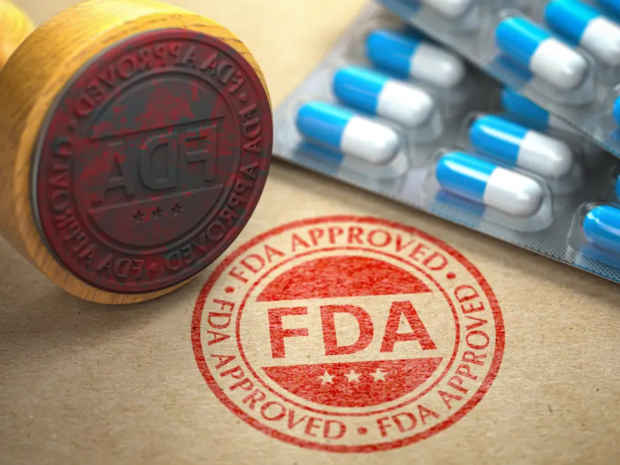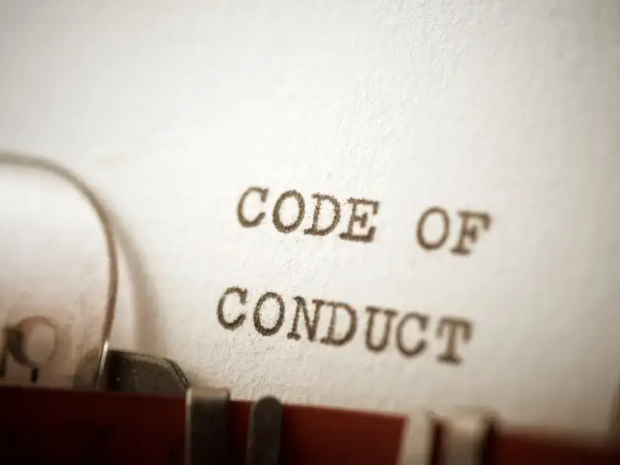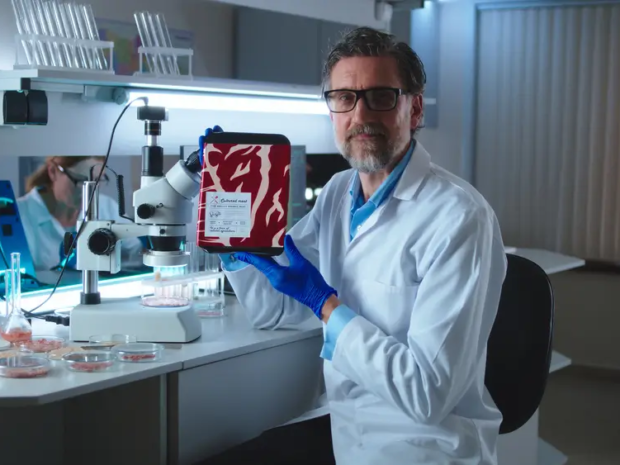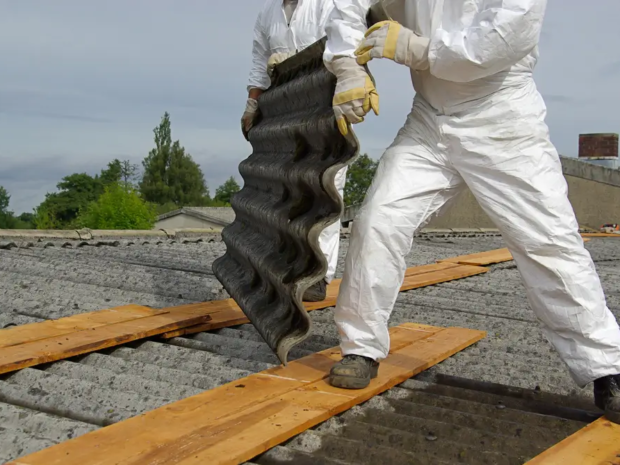Confined spaces are common on construction sites, manholes, tanks, silos, crawl spaces, and vaults, to name a few. But not every confined space is the same. Some of these spaces are more dangerous than others and require a legal process before anyone
How FDA Inspects Computerized Systems Under cGMP: A Legal Overview
Computerized systems play a key role in today’s pharmaceutical and biotech industries. From data recording to equipment control, they help maintain quality and consistency. But with more use of digital systems comes closer inspection by the U.S. Food
FDA Complaint Handling Requirements Under 21 CFR Part 820.198: What You Must Document
If you manufacture medical devices, you must follow strict rules for handling complaints. These rules are explained in 21 CFR Part 820.198, which is part of the FDA’s Quality System Regulation (QSR). Failing to meet these requirements can result in s
What Makes a Code of Conduct Legally Enforceable? Key Elements and Pitfalls
A Code of Conduct isn’t just a list of company values or good behavior tips. In many organizations, it plays a key role in holding employees accountable, and in some cases, it may carry legal weight. But when is a Code of Conduct actually enforceable
Who Is Legally Accountable in a Change Control Failure? Quality, Operations, or Management?
In pharmaceutical and biotech manufacturing, changes to processes, equipment, or materials must be handled carefully. That’s why change control is a critical part of any company’s current Good Manufacturing Practice (cGMP) system. But when change con
FDA Regulation of Biotechnology-Derived Products: What You Must Know to Stay Compliant
Biotechnology-derived products (BDPs), such as monoclonal antibodies, gene therapies, and recombinant proteins, are a growing part of modern medicine. These products hold great promise for treating diseases, but they also come with strict regulatory
OSHA Requirements for Bench and Pedestal Grinders: What the Law Demands
OSHA Grinder Safety - Bench & Pedestal Introduction Bench and pedestal grinders are common tools in many workshops and maintenance a
Cleanroom Compliance Under FDA and EU GMP Regulations: What the Law Requires
Cleanroom Compliance: FDA 21 CFR Part 211 & EU GMP Annex 1 Cleanrooms are critical spaces in pharmaceutical and biotech manufacturing. These controlled environments are used
FMCSA Regulations on Rear-End Collisions: What Large Vehicle Operators Must Know
Rear-end collisions are among the most common road accidents in the United States. For operators of large commercial vehicles, such as trucks and buses, the consequences can be severe, both in terms of safety and legal responsibility. The Federal Mot
Legal Penalties for Failing to Train Workers on Asbestos Hazards
Training workers on asbestos safety is not optional—it's the law. Asbestos, once commonly used in construction and manufacturing, is now recognized as a serious health hazard. Without proper training, workers may unknowingly expose themselves to dang












